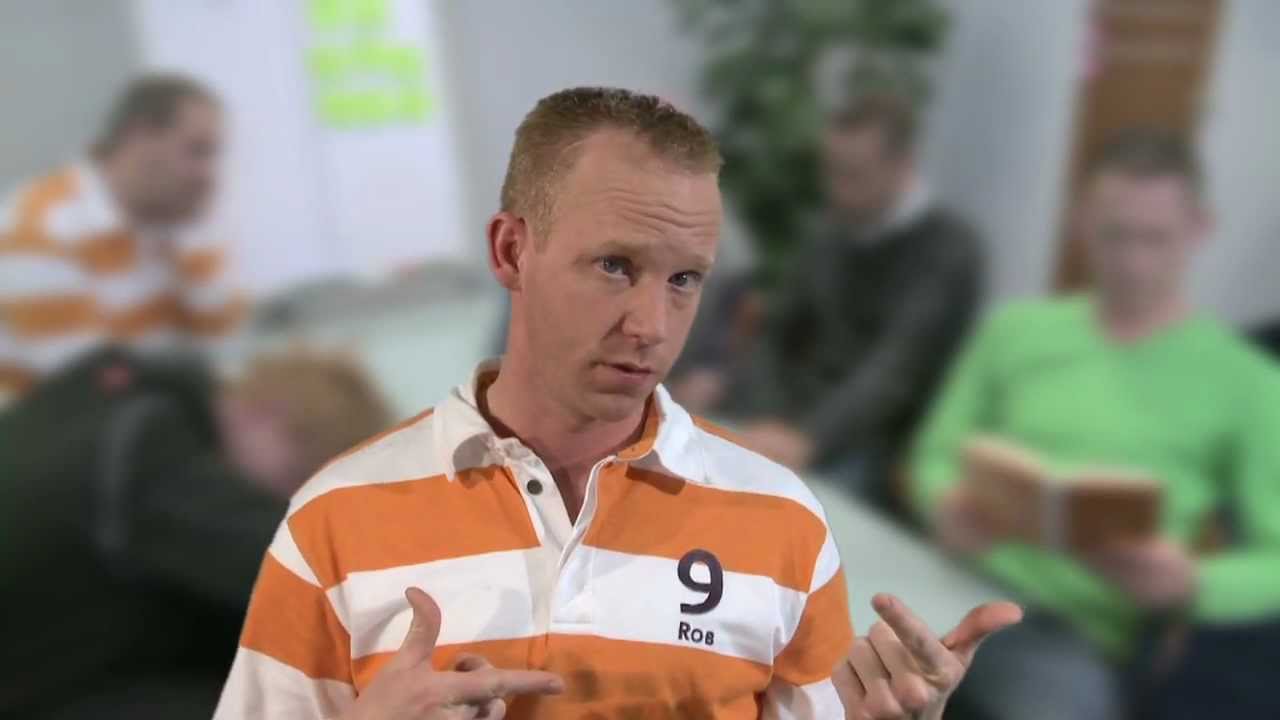Doing Nothing with Technical Debt
Technical Debt is defined as the eventual consequences of poor or evolving software architecture and software development within a codebase. Sometimes you have to pay it if you want that you can continue to maintain your application. But sometimes it is better to leave the situation unchanged as Ken Rubin wrote in his book.




